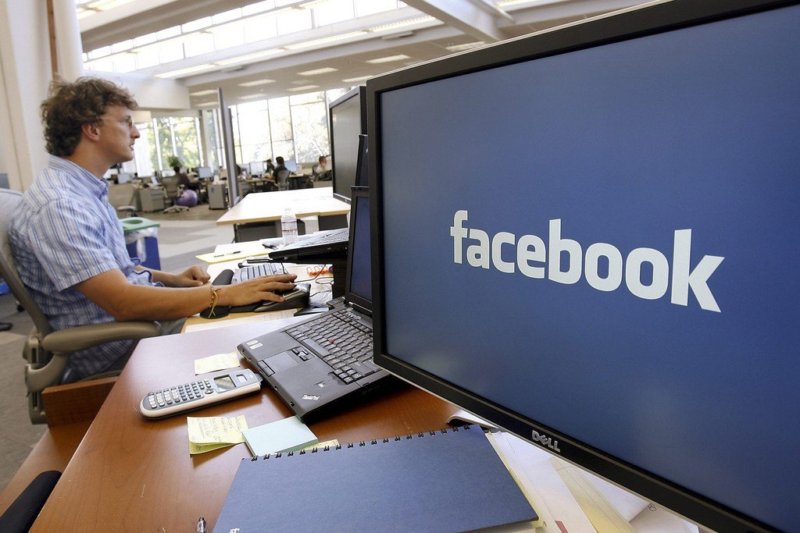
Social media and smart technology pervade almost every element of our lives today. We check our phones for updates almost reflexively and we share some of the most intimate moments of our lives through a host of applications.
It’s not just our personal lives that have been effected by the rise of Facebook, Twitter and their ilk. At a highly positive level, social media continues to permeate into the business world as marketing teams endeavour to engage with their consumers, and industry experts – dare I tar myself with that brush – share their knowledge with the public.
While it might not grab the same headlines as the big, glamourous success stories, social media has a profoundly negative impact on productivity, not just for Irish businesses but right across the globe. At home, a survey by CPL in 2015 found that one in seven employees spends more than an hour a day on social media unrelated to work.
In real money terms, that means you’re paying those employees over €3,500 to play online, based on the median Irish salary of €28,500. Time wasting is a big concern for business owners. Research we conducted earlier this year revealed more than half (57%) of Irish SMEs worry about the cost it has on their business.
Taking Action
Unfortunately, there’s no easy fix to the problem. In the past bosses tried blocking certain websites on work devices. Sure, if you state in your social media policy that using a work device for personal purposes (during working hours) will be treated as misconduct, then you can enforce it, as was the case in Romania in 2015. Equally, from this case, the European Court ruled that employers can snoop – within reason – on their employees’ private correspondence.
However, the explosion of smart phones and tablets makes such practices next to impossible to monitor and enforce. All an employee, who doesn’t want you peaking over their digital shoulder, need do is bring their own personal device to work and stay of the company Wifi.
As employers, we must accept that like the proverbial watercooler, personal social media and online activity are just part and parcel of having staff. However, there are steps you can take to limit the amount of time wasted by staff.
1.Introduce a Social Media Policy
It might sound obvious, but research we conducted earlier this year found that less than a third (27%) of Irish SMEs have a social media policy. While it won’t eradicate the issue, it will at least provide a guideline for employees on what is considered acceptable by the company, what is not and the measures that will be taken where the policy is breached.
Your social media policy should go beyond just issues of inappropriate non-business use, including but not limited to:
- Content ownership
- Harassment
- Comments regarding the company, employer or employees
- Misuse of confidential information
- Data protection
2.Challenge Staff
One of the biggest reasons given by employees for messing on social media during work is ‘boredom’ and ‘not feeling challenged’. Remedy this problem by making sure you’re giving staff enough work to keep them busy, that the work is worthwhile and they buy-in to the importance of the contribution they’re making.
3.Focus on Goals, Not Time
Shift the focus from being in the office from 9-5, to completing tasks within a specific time frame. As I mentioned, stopping employees from checking their personal accounts is virtually impossible. A goal oriented approach ensures they know what needs to be done and when it needs to be done by. Additionally, it will encourage employees to tick each task off the list if they know there’s some well-earned down time to be had at the end.
For more helpful HR tips and advice, CLICK HERE to sign up to our monthly newsletter.
David Bell is Managing Director of The HR Department, outsourced human resources specialists for Irish SMEs.

 RSS Feed
RSS Feed